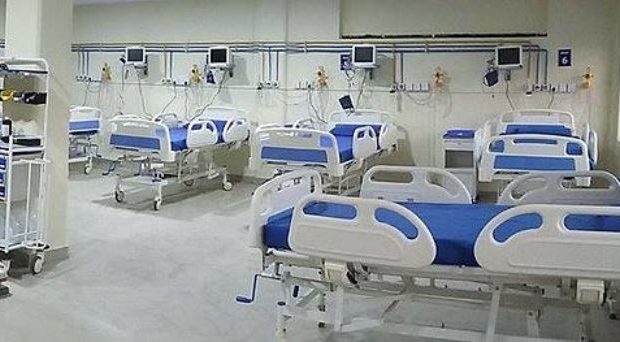
I read the Case Study, by van Mol et al. Journal of Compassionate Health Care (2016) 3.5, with great interest. The article concerned person-centered care in the intensive care unit (ICU) in the Netherlands. I think it may be useful to relate my own personal experience of critical care in the UK.
I was admitted to hospital in February 2013, aged 57, with an advanced Type III abdominothorasic aortic aneurism. During the week before I was to undergo major surgery to perform an “open repair” of the aorta, I was informed in detail of the severity and potential negative outcomes of the procedure, including kidney failure and paraplegia.
The information I received from the consultant surgeons who would be performing the operation was clear and frank, so that I was in no doubt regarding the potential hazards. However, no mention was made regarding the likelihood of adverse post-operative psychological effects.
No mention was made regarding the likelihood of adverse post-operative psychological effects.
The procedure was successful, and I recovered consciousness in the ICU after approximately 48 hours in an induced coma. I remember feeling delighted that I had survived, but I was extremely confused by my surroundings and experienced several days, and particularly nights of frightening mental dysfunction, which included numerous disturbing delusions and hallucinations that I was absolutely sure were reality. I became convinced that I was in great danger, and that the care staff intended to kill me.
During this period, friends and relatives were very concerned and surprised by my state of mind. I recognized and trusted them, however during their visits I described my terrible experiences as if they were fact, which I totally believed them to be. My wife tried to obtain information regarding my condition, enquiring as to why I was acting and speaking in such a strange manner, and fearing that I might have permanent brain injuries. However, the care staff were unable to offer a possible explanation. Thus, my wife remained deeply concerned by my condition.
Van Mol states that “Professionals can support the relatives discussing on general information, talking over possible emotional and cognitive consequences, recovering from a delier or the revalidation process of their loved ones ahead”. The word delier translates from Dutch into English as delirium.
A leaflet issued by The Royal College of Psychiatry describes delirium very well, offering advice for the patient and carer. It contains a list of what you might experience in a delirious state. “You may: Be less aware of what is going on around you. Be unsure about where you are or what you are doing there. Be unable to follow a conversation or to speak clearly. Have vivid dreams, which are often frightening and may carry on when you wake up. See people or things which aren’t there. Worry that other people are trying to harm you. Be more confused at some times than at others – often in the evening or at night”.
I experienced all of these during my time in ICU, and yet there were no discussions about my mental condition between care staff and myself or my relatives. In fact I did have a consultation with a neurologist after I had recovered sufficiently to return to the general ward, but the discussions we had still failed to explain what I had experienced. From a technical perspective, the care that I received was superb, but I felt that there was a general lack of awareness, and unwillingness by the care staff to accept that I had been through some terrifying nights in ICU.
Any encouragement and suggestions from FCIC towards an improvement in communication between the professionals and the patient and their families is to be welcomed.
On the subject of communication, Van Mol states “The importance of clear communication in a timely and understandable manner to the person being treated and their relatives might support the coping mechanism managing the stressful surroundings and critically unstable situation”.
Communications regarding the physical aspects of my operation, were excellent both before and after the procedure, however there was no discussion at any stage about the likelihood of my experiencing the psychological side-effects which proved so distressing during the early phase of my recovery. I agree with van Mol that some communication to me and my relatives before the operation might have made it easier to cope with the stressful situation afterwards.
In the discussion, van Mol states that the Family and patient Centered Intensive Care (FCIC) foundation is the link between the professionals and the patients and their relatives. I personally believe that this is a critical function when providing a holistic patient-centered treatment regimen.
I understand the concept of compassion fatigue and burnout, and I witnessed the heavy workload under extremely stressful conditions routinely experienced by care staff at all levels. It is for this reason that I think that any encouragement and suggestions from FCIC towards an improvement in communication between the professionals and the patient and their families is to be welcomed.
Personally, I am sure that I would have benefitted from a more patient-centered approach to my care in ICU, specifically regarding communication of information to enable me and my relatives to understand and cope with the symptoms experienced during my highly unpleasant period of delirium.
Comments